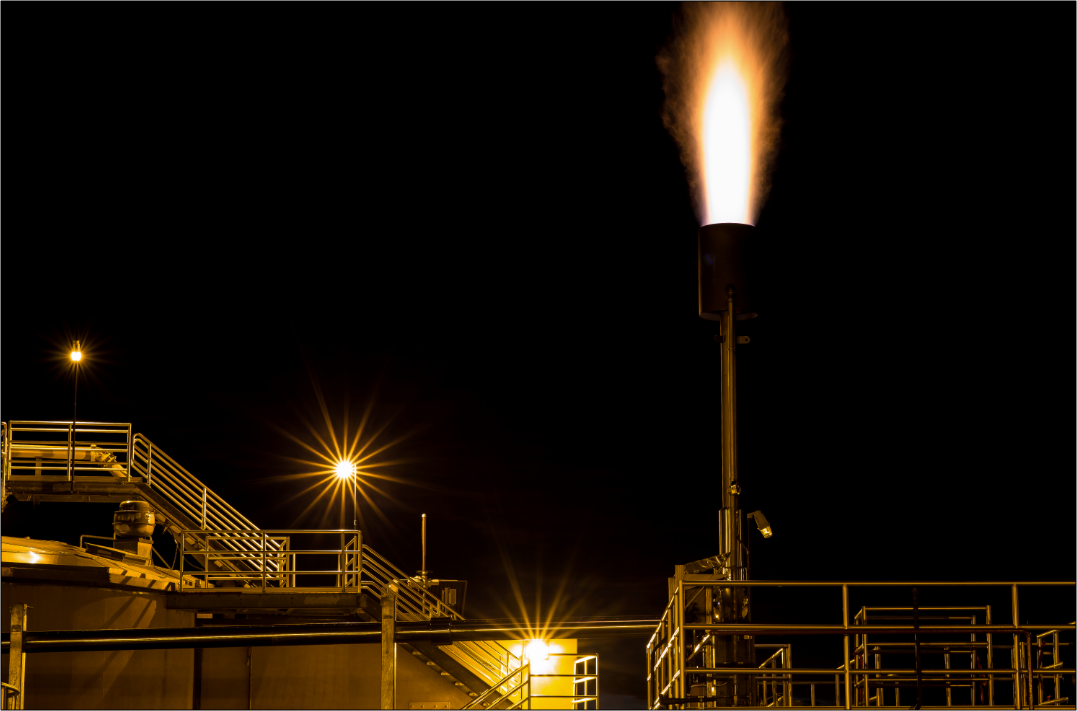Biogas – Renewable Natural Gas
Departments » Departments N-Z » Water » Wastewater Treatment
Biogas Treatment & Renewable Natural Gas Production
New Facility and New Sustainable Fuel Trucks
The City of Longmont partnered with CGRS, a Fort Collins-based environmental services and construction company, to build the Biogas Treatment and Renewable Natural Gas (RNG) Fueling Station Project at the Wastewater Treatment Plant. The CGRS project blog followed the progress of the fueling station >
Overview
In 2018, the City of Longmont began construction of a project at the Wastewater Treatment Plant (WWTP) to make fuel from gas produced in the treatment of Longmont's sewage. The project converts biogas (generated through anaerobic digestion at the WWTP) into clean Renewable Natural Gas (RNG). The RNG produced is being used to power part of the City’s fleet trash trucks.
The project was completed in late 2019.
Eleven of the City’s 21 diesel collection trucks have been replaced with trucks capable of using RNG fuel. (This changeout aligns with the existing replacement schedule for those trucks.) The remaining diesel trucks are expected to be replaced in 2024.
The RNG fueling station is an example of the City of Longmont pursuing an innovative project that provides economic value to the community while also aligning with multiple goals in the Envision Longmont & Sustainability plans.
Why is this project so exciting?
- Renewable Vehicle Fuel – A renewable resource is one that can be used repeatedly and replaced naturally. This project has created a renewable vehicle fuel for the City’s trash, recycling and composting collection trucks.
- Reduce Carbon Emissions – On average, the Waste Services division uses over 100,000 gallons of diesel fuel per year. By switching to renewable vehicle fuel, this project will eliminate over 1,000 metric tons of carbon dioxide (CO2)!
- Innovative & Sustainable – Longmont is dedicated to fulfilling the goals set forth in the Sustainability Plan. This project is a collaboration between two different City divisions (Wastewater and Waste Services) to improve local air quality and sustainably recover energy in waste.
- Expandable – The Waste Services division anticipates using about 50-70 percent of the biogas produced at the WWTP. The infrastructure in this project could ultimately be expanded to serve other types of fleet vehicles.
- Front Range Leader – Longmont is the first city along the Front Range to implement a renewable vehicle fuel project. Other utilities have been looking at Longmont as a model for their operations.
How does the City produce this renewable vehicle fuel?
It all starts with anaerobic digestion, a biological process used by the WWTP to break down organic material. One of the products of anaerobic digestion is biogas. Approximately 60 percent of biogas is composed of methane (the combustible compound found in natural gas that you use at your home).
What happened with that biogas before the RNG plant was built?
Prior to building the RNG pipeline, 75 percent of the biogas produced by the WWTP was flared (wasted). Only a small portion was needed for heat at the WWTP. In addition, that biogas contained contaminants (H2S, Siloxanes, moisture) that prevented it from being used directly in engines.
So how do we go from producing biogas to using renewable vehicle fuel?
New infrastructure installed by the City allows us to clean, compress, and utilize the biogas as a renewable vehicle fuel.
The Process
Cleaning Biogas
A biogas treatment skid was installed to remove all the contaminants in the biogas. This will make the biogas the same as the natural gas at your home.
Compressing Biogas
The pressure of the clean biogas is about 100 psi. To use the fuel in vehicles, compressors will boost the pressure of the biogas to over 4,000 psi.
Utilizing Biogas
New Waste Services trucks are outfitted with engines capable of using compressed natural gas
instead of diesel. With a new fueling system, the cleaned & compressed biogas can now be used as vehicle fuel.
How does the RNG project provide financial benefit?
- Fuel Savings - After the project is complete, the Waste Services division will no longer pay for diesel fuel. As we all know, fuel prices at the pump are variable. If diesel fuel is $3.00/gal, and we are no longer using 90,000 gallons per year of diesel, that’s $270,000 saved per year.
- Renewable Fuel Credits - In addition to fuel savings, the City will also be earning credits through the Environmental Protection Agency's renewable fuel standard program. The annual benefit associated with these credits is $150,000-$250,000 per year.
- Grant Funding - The Colorado Department of Local Affairs awarded the City with a $1,000,000 grant to contribute to the project.
Contact
For more information on this project, please contact Environmental Services.
